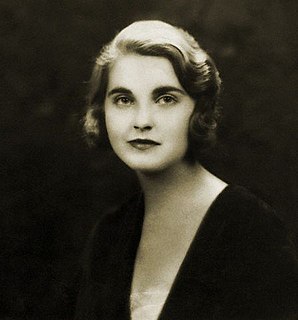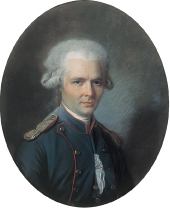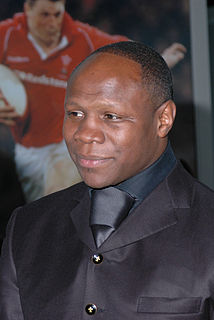A Quote by Robertson Davies
Money, it is often said, does not bring happiness; it must be added, however, that it makes it possible to support unhappiness with exemplary fortitude.
Related Quotes
Don't be too much concerned about money, because that is the greatest distraction against happiness. And the irony of ironies is that people think they will be happy when they have money. Money has nothing to do with happiness. If you are happy and you have money, you can use it for happiness. If you are unhappy and you have money, you will use that money for more unhappiness. Because money is simply a neutral force.
Therefore, philosophy does not give sense in mind happiness. It keeps in mind the only truth. However, it is very possible that the truth may be painful, may be distressing, may be destructive of happiness or makes it impossible. Religion, unlike philosophy, is under the category of the useful one. It promises happiness and says what it is necessary to do and what it is necessary to be to deserve or to obtain it. Consequently, illusion is more important than truth if it gets happiness.
Remember one thing: the one who brings unhappiness to others in the end becomes unhappy himself, and the one who brings happiness to others in the end reaches to the heights of happiness. That's why I am saying that someone who tries to give happiness develops the center of happiness inside himself, and someone who tries to bring unhappiness to others develops the center of unhappiness inside himself.
Happiness does not come quickly. It is not conferred by any single event, however exciting or comforting or satisfying the event may be. It cannot be purchased, whatever the allure of the next, the newest, the brightest, the best. Happiness, like Carl Sandburg's fog, "comes on little cat feet," often silently, often without our knowing it, too often without our noticing.
One of the fairly interesting things about money is that it makes certain things possible that wouldn't be possible otherwise - it doesn't make them inevitable. Hence the strange blindness of economists to what would actually happen when one does exchange things if there isn't money in such contexts.
Maybe you think you’ll be entitled to more happiness later by forgoing all of it now, but it doesn’t work that way. Happiness takes as much practice as unhappiness does. It’s by living that you live more. By waiting you wait more. Every waiting day makes your life a little less. Every lonely day makes you a little smaller. Every day you put off your life makes you less capable of living it.
My effort here is to create bliss, not happiness. Happiness is worthless; it depends on unhappiness. Bliss is transcendence: one moves beyond the duality of being happy and unhappy. One watches both; happiness comes, one watches and does not become identified with it. One does not say, 'I am happy. Peace, it is wonderful.' One simply watches, one says, 'Yes, a white cloud passing.'




































